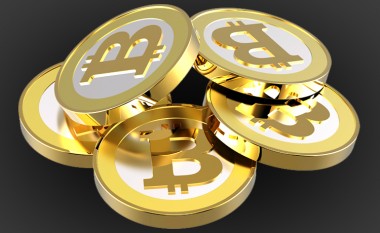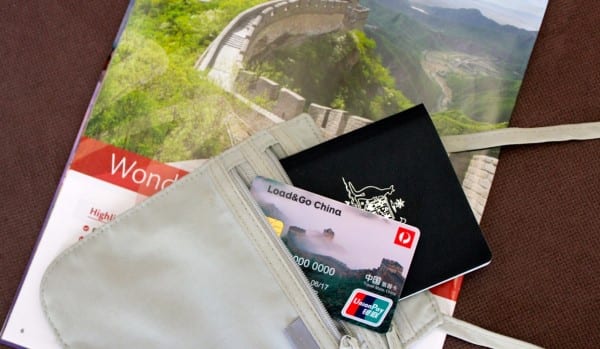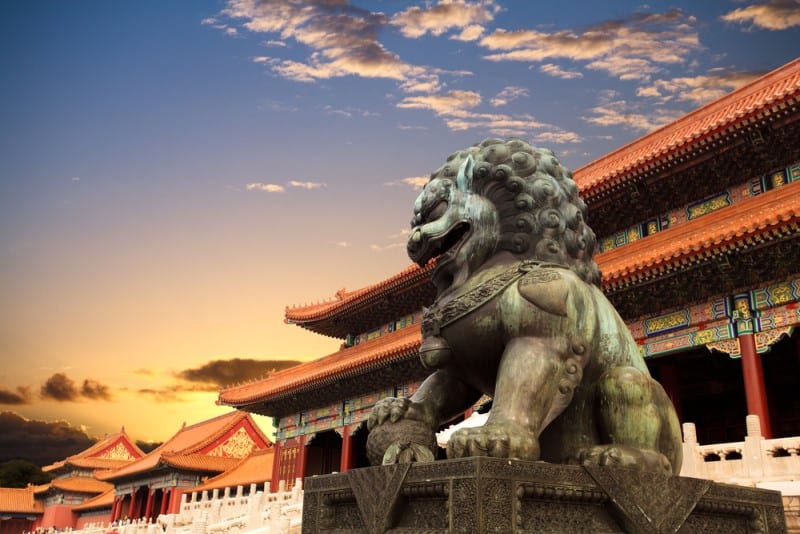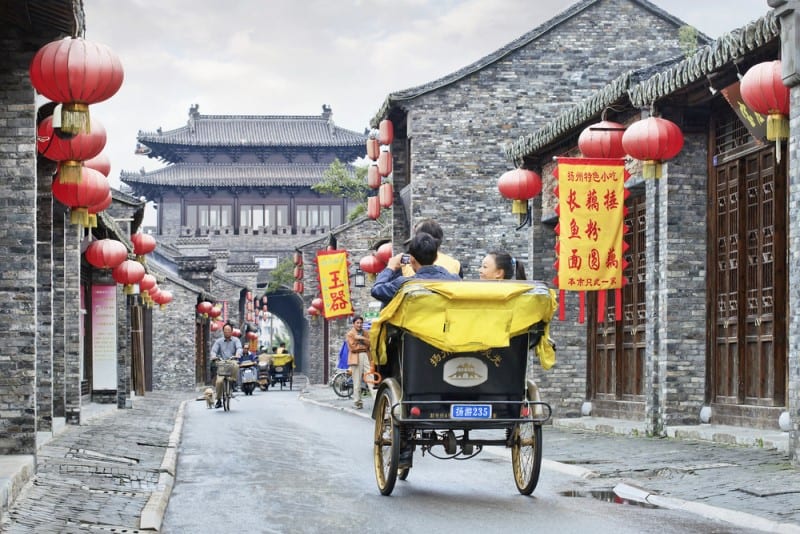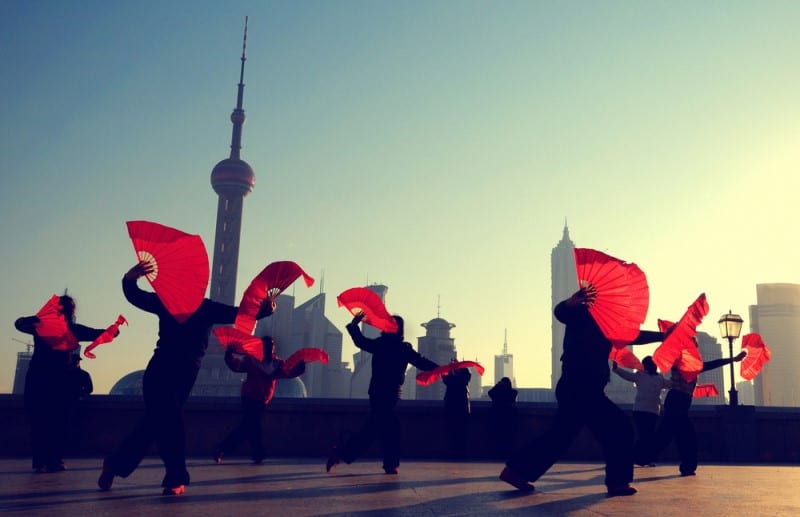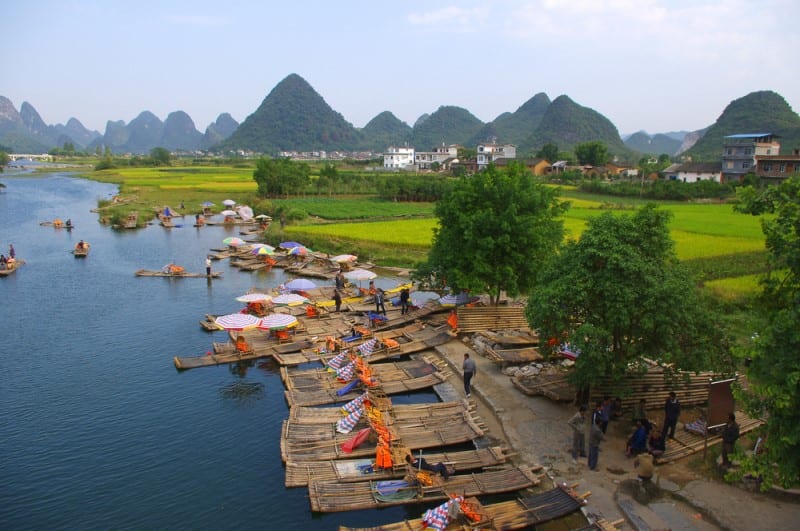Në vitin 2010 ka ndodhur një ngjarje historike në botën e financave, kur një person ka blerë një picë. Nëse nuk keni dëgjuar për këtë ngjarje, mos u brengosni se nuk jeni i vetmi.
Pica nuk ka qenë pjesa e rëndësishme e transaksionit, por ajo se çka është përdorur për ta paguar. Kjo shujtë ka kushtuar 10 mijë bitcoinë dhe kjo është hera e parë që monedha virtuale është përdorur për të blerë diçka në botën reale. Kjo ditë festohet çdo vit nga entuziastët e bitcoinit, si Bitcoin Pizza Day, transmeton Telegrafi.
Pica e paguar me bitcoin hyri në histori
Gjërat kanë ndryshuar shumë prej atëherë. Shfrytëzimi dhe vlera e bitcoinit ka shkuar në qiell. Nëse piceria do t’i rruante ato 10 mijë bitcoinët me të cilat ishte kryer pagesa, ndoshta nuk do të hynin në histori, por do të ishin shumë të pasur që vlera e sotme e tyre do të ishte rreth 23.5 milionë euro (1 BTC = 2,356.29 euro, me 25.05.2017).
Në mars të këtij viti, për herë të parë, çmimi për një bitcoin u ngrit mbi vlerën e një unce ari (1 uncë = 28.3495 gramë).
Vlera në rritje e bitcoinit është si rezultat i rritjes enorme të popullaritetit të tij në vitet e fundit. Në vitin 2009 kishte më pak se 10 mijë transaksione në bitcoinë. Vetëm në janar të këtij viti kjo vlerë është trefish më e madhe. Sipas analistëve, kjo ndodhë pasi që investitorët vlerësojnë se vlera e bitcoinit është më e qëndrueshme se disa investime tjera, si dhe me rritje e popullaritetit ne Azi
Paraja virtuale Bitcoin…
Por, të kthehemi një hap prapa. Çfarë në të vërtetë është Bitcoini?
Monedha është e kriptuar (cryptocurrency), që do të thotë se ekziston vetëm në botën digjitale.
Është zhvilluar në vitin 2009 nga dikush me emrin Satoshi Nakamoto, por që kjo nuk dihet me siguri. Paraja virtuale bazohet në principin që një person mund të kryejë pagesë pa ndërmjetësues -siç është banka.
Ka një numër të limituar të bitcoinëve në qarkullim dhe të rejat krijohen me një ritëm të parashikuar.
Si funksionon kjo?
Personi e ruan atë në bitcoin kuletë (Bitcoin Wallet), në telefon mobil apo kompjuter, nga ku mund të dërgojë dhe pranojë.
Shumë kontrolle gjatë transaksioneve
Bitcoin fillimisht mund të merren përmes shitjes së produkteve apo shërbimeve, ose në berzë, ku bëhet ndërrimi i parasë reale me bitcoin sipas vlerës momentale në treg.
Çdo shfrytëzues i bitcoin ka adresën e vet, ngjashëm me llogari bankare, dhe kontrollon të gjitha që hyjnë dhe dalin nga kjo adresë.
Transaksionet kryhen përmes sistemit të quajtur Blockchain (zinxhir i blloqeve). Ky është një libër i llogarive publike, ku mbahen shënimet e çdo transaksioni.
Secili transaksion evidentohet dhe shënohet
Personit të cilit i dërgohen bitcoinët, i pranon ato vetëm pas verifikimit. Ky verifikim bëhet duke zgjidhur probleme të ndërlikuara matematikore, proces i quajtur “nxjerrje e xehes” (mining) dhe mund ta kryejë kushdo që ka sisteme të fuqishme kompjuterike.
Çka të bëni me bitcoinët?
Mund t’i shpenzoni në blerje përmes internetit, si në Microsoft apo Subway, ose në shitore që pranojnë bitcoinët si mjet pagese. Nëse doni t’i shndërroni në para reale, mund t’i tregtoni në bursë.
Edhe pse vështirë është të gjesh ndonjë shitore në rrugën tuaj që pranon bitcoinët, kjo mund të ndërrojë shumë shpejt. Tani ka Bitcoin Visa Debit kartelë që e bën shpenzimin shumë të lehtë.
Nuk është nevoja ta kuptoni procesin e funksionimit të bitcoinit për të filluar përdorimin e tij. Fundja, sa nga ne e kuptojnë se si funksionon sistemi bankar.
Por, nuk është çdo gjë fushë me lule në botën e bitcoinit.
Është i paracaktuar numri i transaksioneve që mund të kryhen në një periudhë të caktuar kohore, prandaj me rritjen e numrit të transaksioneve është ngadalësuar koha e kryerjes së pagesave.
Për shumë vite, personat e përfshirë në zhvillimin aplikacioneve për bitcoinët, kanë argumentuar se si të zgjidhet problemi i kapacitetit të transaksioneve. Ky problem ende është i pazgjedhur.
Por, ka edhe probleme të tjera të zakonshme, sikurse fakti që vuan nga luhatja e çmimeve.
Ka edhe probleme…
Dhe, sikurse edhe çdo sistem i bazuar në programim, është i prekshëm nga sulmet. Pastaj është çështja se si vendet e ndryshme e trajtojnë monedhën. Disa e trajtojnë si mall, si naftë ose ari, por të tjerët e trajtojnë si para. Disa madje e ndalojnë përdorimin e tij tërësisht.
Qeveritë nuk e pëlqejnë faktin se përdoruesit e bitcoinit janë anonimë dhe ata kanë shqetësime rreth përdorimit të saj për veprimtarinë kriminale dhe pastrimin e parave. Brengat e tyre nuk janë të pabazuara. Në sulmin e fundit të kërkim “dëmshpërblimit” (ransomware), hakerët përmes virusit WannaCry kërkuan bitkoinët si pagesë. Deri tani janë paguar rreth 75 mijë euro.
BE dëshiron të jetë në gjendje të identifikojë përdoruesit e bitcoinëve në emër të parandalimit të pastrimit të parave dhe financimit të terrorizmit. Përveç kësaj, i gjithë sistemi nuk është shumë i rregulluar. Pjesërisht kjo është për shkak se çdo zhvillues në botë mund të verifikojë saktësisht se si punon. Protokolli Bitcoin nuk mund të modifikohet pa bashkëpunimin e pothuajse të gjithë përdoruesve të tij, të cilët zgjedhin se çfarë programi përdorin.
Edhe aty ku ekziston rregullorja, nuk është gjithmonë e qartë. Disa thonë se pasiguria mbi rregulloret do të jetë pengesë në rrugën e rritjes së Bitcoinit.
Por, a është këtu për të qëndruar?
Bitcoini nuk është kriptomonedha (kriptocurrency) e vetme. Shumë të tjera kanë hyrë në treg – mbi 200 prej tyre. Përderisa Bitcoini është ende lider, Ethereum, Ripple dhe NEM dhe shumë të tjerë gjithashtu po mbijetojnë.
Mendime të ndryshme nëse është efikas apo dështon…
The Economist mendon se ne jemi në një kriptomonedhë-fluskë nga ku e vetmja rrugë është teposhtë. Ka edhe disa nga ata që janë të lidhur nga afër me bitcoinët, por që thonë se do të jetë një dështim.



